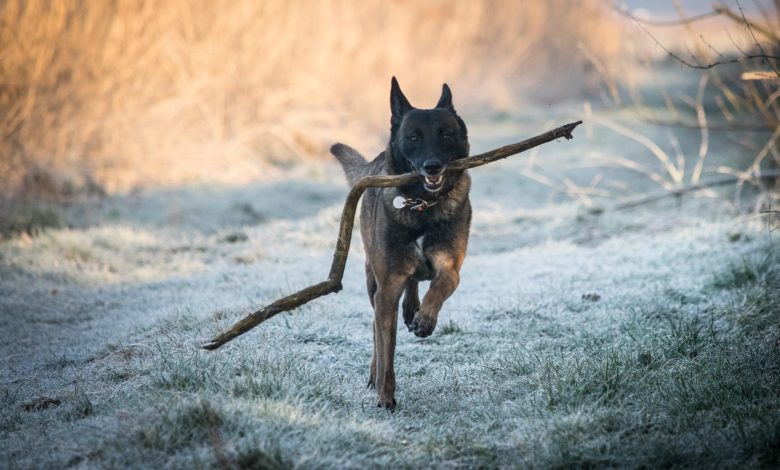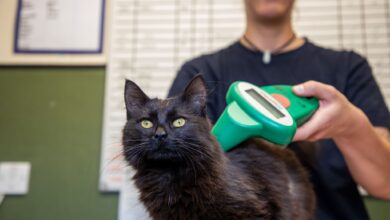BVA issues urgent pet safety advice as cold snap hits UK

Vets are warning pet owners to take extra precautions to ensure dogs, cats and other small pets are kept safe from hidden and “potentially fatal hazards” as temperatures plummet.

Become a member for unlimited access
Remove all content restrictions with a membership account. First-year special offer pricing. Cancel any time.
You have read 2/2 free articles this month.

How many members should have access to the subscription?
Monthly
Yearly
Save £9.89
No, thanks
I already have an account

Vets are warning pet owners to take extra precautions to ensure dogs, cats and other small pets are kept safe from hidden and “potentially fatal hazards” as temperatures plummet.

